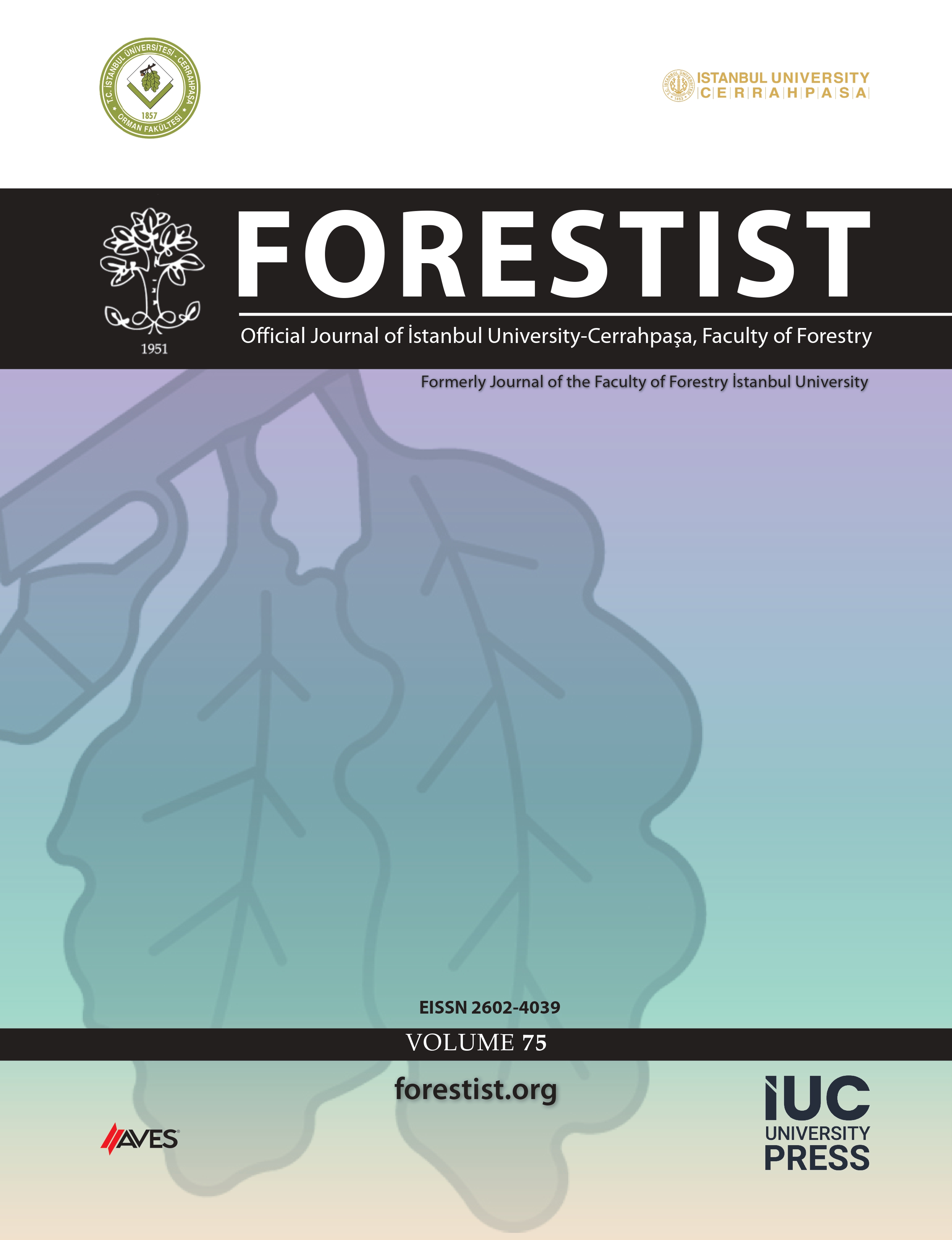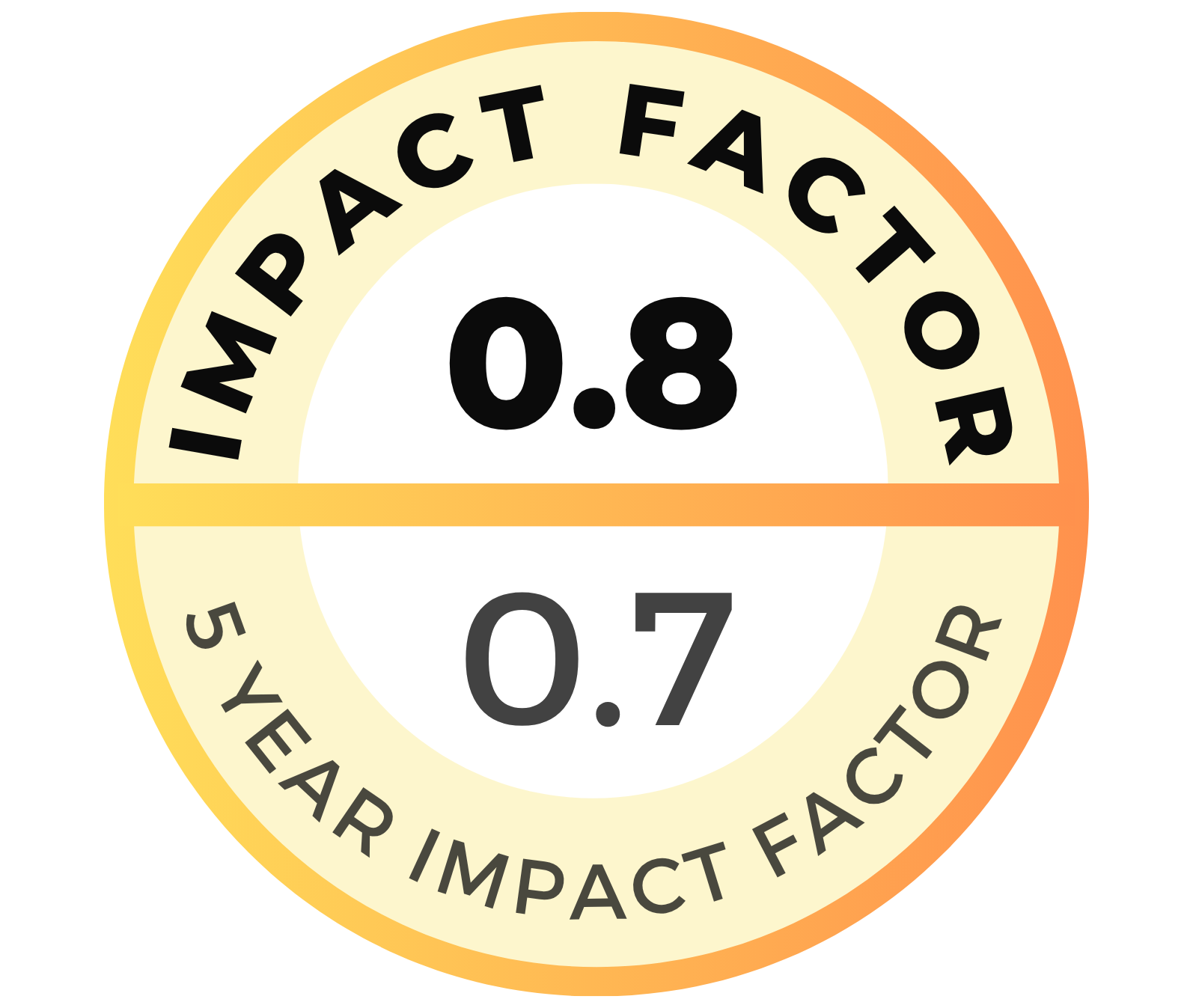Stem analysis is a method evaluating in a detailed way data of increment and growth of individual tree at the past periods and widely used in various forestry disciplines. Untreated data of stem analysis consist of annual ring count and measurement procedures performed on cross sections taken from individual tree by section method. The evaluation of obtained this untreated data takes quite some time. Thus, a computer software was developed in this study to quickly and efficiently perform stem analysis. This computer software developed to evaluate untreated data of stem analysis as numerical and graphical was programmed as macro by utilizing Visual Basic for Application feature of MS Excel 2013 program currently the most widely used. In developed this computer software, growth height model is formed from two different approaches, individual tree volume depending on section method, cross-sectional area, increments of diameter, height and volume, volume increment percent and stem form factor at breast height are calculated depending on desired period lengths. This calculated values are given as table. Development of diameter, height, volume, increments of these variables, volume increment percent and stem form factor at breast height according to periodic age are given as chart. Stem model showing development of diameter, height and shape of individual tree in the past periods also can be taken from computer software as chart.
Cite (Atıf) : Özdemir, G.A., Özdemir, E., 2016. Stem analysis program (GOAP) for evaluating of increment and growth data at individual tree. Journal of the Faculty of Forestry Istanbul University 66(2): 659-673. DOI: 10.17099/jffiu.61540




.png)
